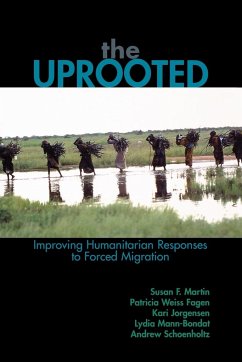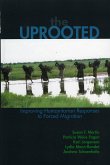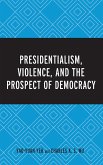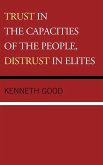The Uprooted is the first volume to methodically examine the progress and persistent shortcomings of the current humanitarian regime. The authors, all experts in the field of forced migration, describe the organizational, political, and conceptual shortcomings that are creating the gaps and inefficiencies of international and national agencies to reach entire categories of forced migrants. They make policy-based recommendations to improve international, regional, national, and local responses in areas including organization, security, funding, and durability of response.
Hinweis: Dieser Artikel kann nur an eine deutsche Lieferadresse ausgeliefert werden.
Hinweis: Dieser Artikel kann nur an eine deutsche Lieferadresse ausgeliefert werden.
A courageous look at the inadequacies of the international humanitarian system and the creative, bold solutions needed to fix them. Based on extensive fieldwork, this study innovatively proposes a High Commissioner for Forced Migrants to address comprehensively the needs of refugees and displaced persons. Its recommendations are a must for policymakers and practitioners interested in filling the legal, institutional, resource and security gaps in the international response to humanitarian emergencies. -- Roberta Cohen, Co-Director, the Brookings Institution - University of Bern Project on Internal Displacement The Uprooted provides a compelling and comprehensive account of the international response to refugee crises and offers a series of valuable suggestions with regard to the way that response might be strengthened. It is essential reading for policymakers, practitioners, and scholars with an interest in humanitarian action. -- Jeff Crisp, Director of Policy and Research, Global Commission on International Migration A solid account of current practices of protection offered to forced migrants. Journal Of Intervention and Statebuilding, April 2009 Rather than parse legal or institutional distinctions about kinds of war victims, The Uprooted documents the inadequacy of the current international regime for forced migrants. In making sensible proposals to better address the needs of all war-affected populations, this book prods donors, scholars, and aid personnel to think creatively about addressing the problems of people rather than bureaucrats. -- Thomas G. Weiss









